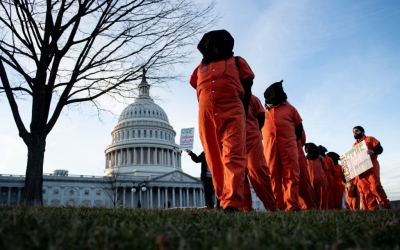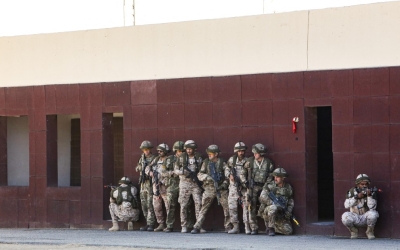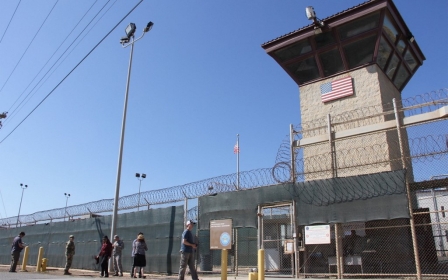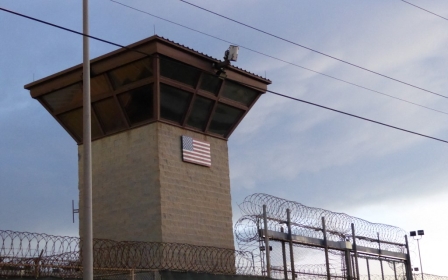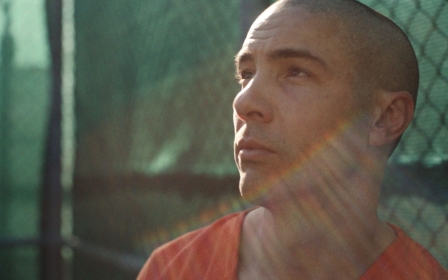US Supreme Court rejects defence contractor's Abu Ghraib torture appeal
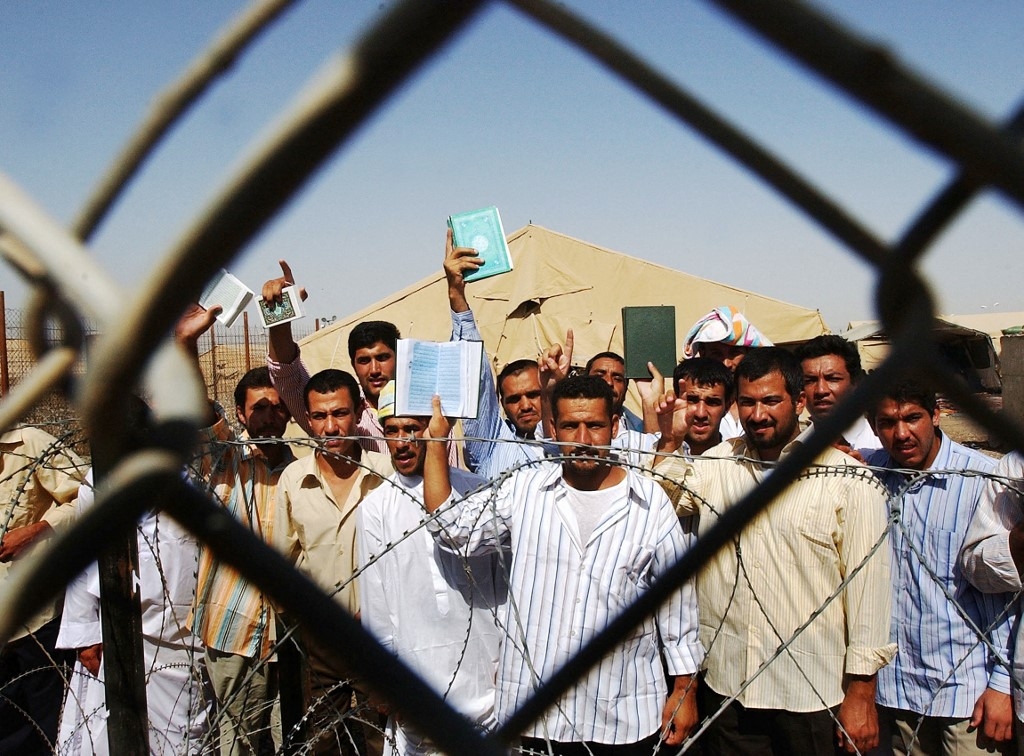
A defence contractor linked to the US's torture programme in Abu Ghraib prison has come one step closer to facing trial in a lawsuit filed by three former Iraqi detainees.
The US Supreme Court on Monday declined to hear an appeal from CACI International Inc that sought to block a civil case brought by the former detainees who alleged they were tortured by US service members at the infamous facility at the behest of civilian contractors.
The lawsuit against the Virginia-based defence contractor was first filed in 2008 under a 1789 US law called the Alien Tort Statute, which can be used to pursue legal claims over alleged human rights abuses.
In 2019, Virginia's 4th US Circuit Court of Appeals refused to let the company immediately appeal a federal judge's ruling that said CACI was immune from being sued because it was working as a government contractor.
The company was hoping for stronger protection under a different legal doctrine known as "derivative sovereign immunity" that can be invoked to shield government contractors from liability under certain circumstances.
The lawsuit had bounced around the courts on different legal questions ever since it was first filed.
The issue before the justices was on the narrow question of whether the company could immediately appeal the lower court decision and not on the merits of whether the lawsuit should be tossed out.
The lawsuit accused CACI employees who conducted interrogation and other services at Abu Ghraib of directing or encouraging torture, in part to "soften up" detainees for questioning, while managers were accused of covering it up.
Legal questions
The harsh treatment of prisoners held by US forces during the Iraq war at the Abu Ghraib facility became a scandal during former President George W Bush's administration, after pictures of the abuse emerged in 2004 at a time when the prison held 6,000 inmates.
Detainees endured physical, psychological and sexual abuse, including the use of electric shock and mock executions.
The three plaintiffs - Suhail Al Shimari, Salah Al-Ejaili and As'ad Al-Zuba'e - are Iraqi civilians who said they were detained at Abu Ghraib and eventually released without charge. CACI has called the lawsuit baseless.
In 2013, the US Supreme Court narrowed the Alien Tort Statute's reach, saying it was presumed to cover conduct in the United States and that violations elsewhere must "touch and concern" US territory "with sufficient force" for plaintiffs to sue.
The justices in that case and two subsequent rulings rebuffed attempts by corporate defendants to find that US-based companies can never be sued under the law.
The Supreme Court ruled on 17 June that another lawsuit filed under the Alien Tort Statute accusing Cargill Inc and a Nestle SA subsidiary of knowingly helping perpetuate slavery at Ivory Coast cocoa farms must be thrown out.
In October, the Supreme Court is set to hear an appeal from one of Guantanamo Bay's "forever prisoners", best known as Abu Zubaydah, over the availability of secret evidence surrounding his torture and detention at CIA black sites.
Abu Zubaydah wants to subpoena James E Mitchell and Bruce Jessen, the two CIA contractors, in connection with a Polish criminal investigation. The ruling will decide whether the government can block a Guantanamo Bay prisoner from obtaining information from government contractors.
Middle East Eye delivers independent and unrivalled coverage and analysis of the Middle East, North Africa and beyond. To learn more about republishing this content and the associated fees, please fill out this form. More about MEE can be found here.


